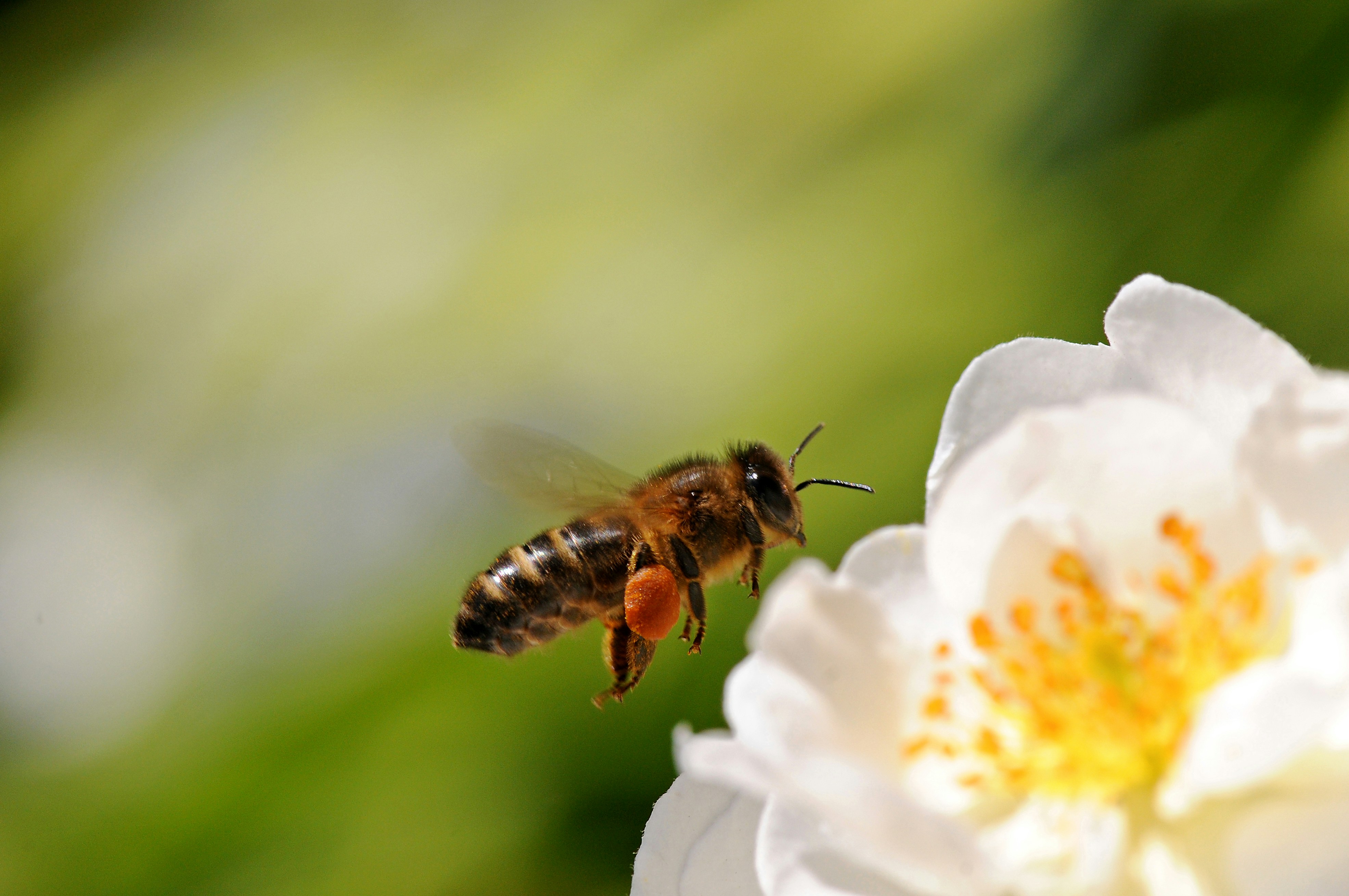Media release
From:
Gardens reduce seasonal hunger gaps for farmland pollinators
Proceedings of the Royal Society B: Biological Sciences
Gardens are known to benefit pollinators, but the exact reason for their value has not been clear. In this study we show that the small but continuous supply of nectar from little clusters of rural gardens complements the highly variable supply of nectar on farmland, resulting in a more continuous supply of food. This can fill crucial hunger gaps experienced by farmland bumblebees, supporting and enhancing their populations. We show that >90% of farmland in Great Britain is within one kilometre of a garden and therefore positive actions by gardeners could have widespread spillover benefits for pollinators across the country.



 International
International



